
Frequent urination means needing to pass urine more often than usual. It can happen during the day, night, or both. Many people call it an overactive bladder or irritated bladder when it happens too often without a clear reason.
Frequent urination is not a disease. It is a symptom that something may be wrong in the body. It can be linked to conditions like infections, diabetes, kidney issues, or prostate problems.
Normally, a healthy person passes urine about 6 to 8 times in 24 hours. Drinking a lot of water, tea, or coffee can increase this. However, if you need to urinate more than 8 times a day, wake up many times at night to urinate, or feel urgent pressure even after urinating, it is considered abnormal.
A common myth is that drinking more water always causes frequent urination.
Fact: While drinking lots of fluids can make you urinate more, needing to pass urine too often, even with normal water intake, can signal a medical problem.
The choice of treatment depends on what causes the frequent urination. Doctors consider your age, health condition, infection status, and any underlying diseases before suggesting the right care.
Disclaimer: The information provided is for general awareness only and should not replace medical advice. Frequent urination can have many causes, so it is important to consult a qualified doctor for proper diagnosis and treatment.
Frequent urination happens when you need to pass urine more often than normal. It can be a simple reaction to drinking too much water, but it can also be a sign of a health condition. Many patients ask, "Frequent urination is a symptom of what?" The answer is that it can signal infections, diabetes, kidney problems, or prostate issues. Knowing the causes and symptoms early helps you find the right treatment and avoid bigger problems.
The common causes include:
Frequent urination symptoms can often be confused with drinking too much water or normal ageing. However, if the symptoms last or worsen, they may signal a problem.
Doctors recommend treatment for frequent urination when:
If you or your loved one faces any of these signs, Bangla Health Connect can help you connect with trusted specialists worldwide quickly and at no extra cost.
Ignoring these signs can lead to bigger health problems. Early testing and treatment can prevent infections, kidney damage, and worsening diabetes control.
Frequent urination in men often happens because of changes in the body as they age. While it can sometimes be harmless, it may also point to underlying health issues that need medical care.
Ageing increases the chance of having an enlarged prostate, diabetes, and nerve-related bladder problems. Men above 50 are at higher risk of facing these conditions, so regular health checks are important.
Frequent urination in men can have many causes. Always consult a doctor to identify the exact reason and get the right treatment.
Albumin is a protein that should stay in the blood. Healthy kidneys filter waste but keep essential proteins like albumin inside the body. When albumin appears in urine, it may signal that the kidneys are damaged and are leaking protein.
At first, albumin in urine might not cause any clear symptoms. But if left untreated, it can lead to worsening kidney damage. Early detection allows doctors to treat the root cause, such as diabetes or high blood pressure, and protect the kidneys from further harm.
If kidney damage is found early, treatment can slow down or even stop further damage. With proper medicines, lifestyle changes, and regular monitoring, many people live full, healthy lives.
This content is for educational purposes and should not replace professional medical advice. Always consult a nephrologist for proper evaluation and care.
A urine infection happens when bacteria enter the urinary system. It can cause pain, frequent urination, and a strong urge to pass urine. If left untreated, it can spread to the kidneys and become serious.
Many people believe urine infections go away on their own. The fact is that most urine infections need proper treatment to avoid serious problems like kidney infections.
If you have frequent urine infections, your doctor may recommend further tests to check for underlying problems. Avoid self-medicating or using home remedies without consulting a qualified healthcare professional.
.png)
Through Bangla Health Connect, Bangladeshi patients can access leading hospitals worldwide that are recognised for advanced urology care. Many families travel abroad because of the proven expertise and strong outcomes available through these hospitals.
Here’s why Bangladeshi patients choose frequent urination treatment with Bangla Health Connect:
Bangla Health Connect offers Bangladeshi patients a trusted pathway to skilled specialists, affordable treatment, and dependable international care.
Bangla Health Connect connects patients with leading hospitals across the world. These centres are recognised for experienced urology doctors, advanced technology, and strong international patient services.

.jpg)

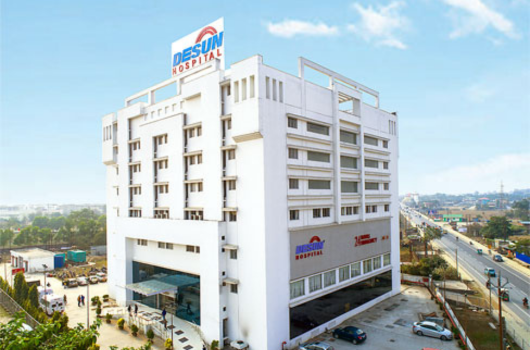
.png)
.png)

.jpg)
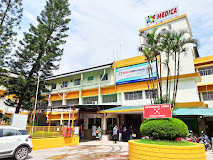
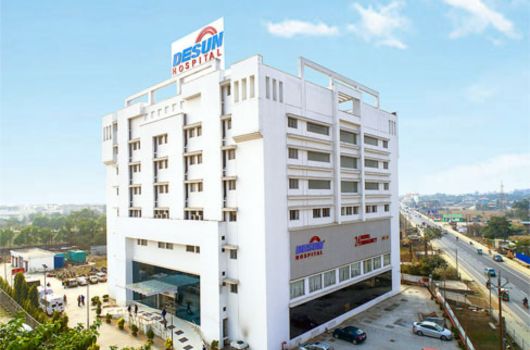
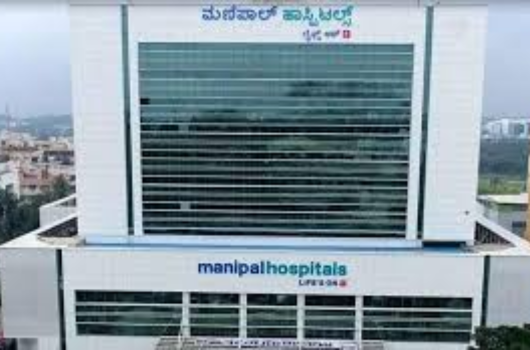

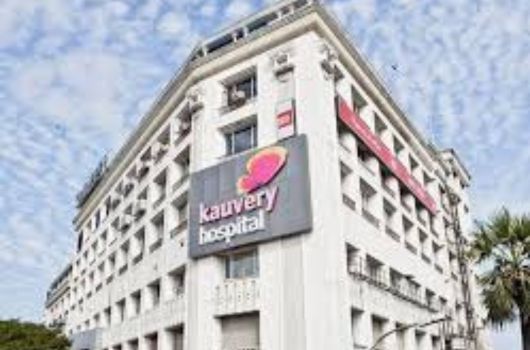

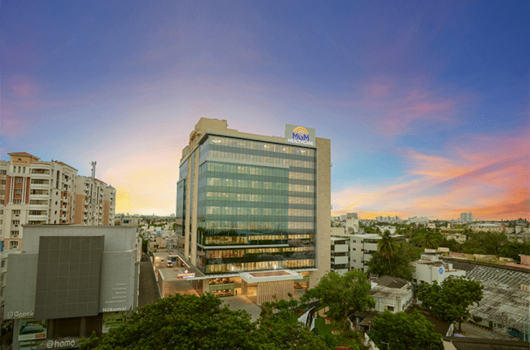


.png)
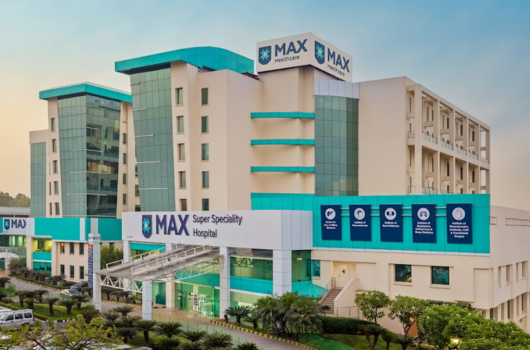
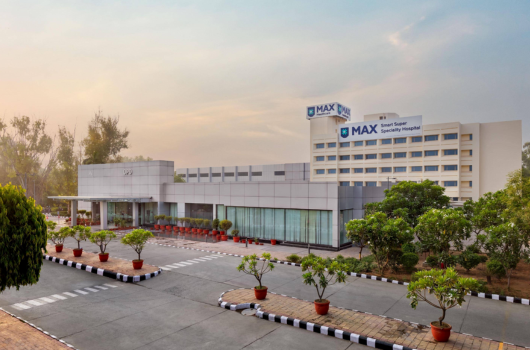
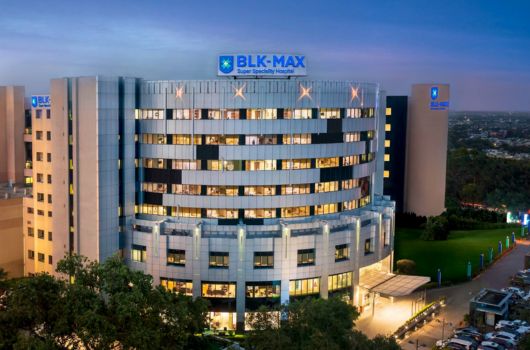
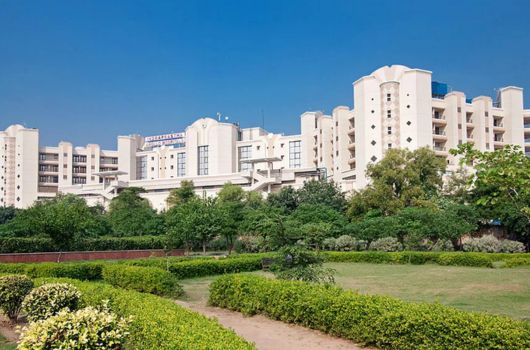


.jpg)


These hospitals follow global care standards and provide full support for Bangladeshi patients through Bangla Health Connect.
The average cost of treatment ranges from $900 to $2,000 in India and around $4,500 to $6,000 in Thailand for procedure-based care; simple OPD care (consultation or uncomplicated UTI treatment) is usually under $50 to $65. The final cost may vary based on multiple factors such as the treatment method, hospital location, and underlying condition. Before viewing the detailed table of treatment-wise costs, it’s helpful to understand what influences these expenses most.
Note: India is well known for offering cost-effective advanced urology care. Hospitals combine affordability with strong clinical outcomes, supported by skilled specialists and efficient day-care pathways.
Note: Thailand’s hospitals are often promoted as premium destinations for international patients. Their higher costs reflect the use of advanced imported medicines, luxury infrastructure, and all-inclusive patient care packages.
The costs listed are approximate and may vary based on hospital, location, and patient needs. Consult the healthcare provider for accurate and updated information.
The currency conversion rates in the table above are based on data from October 2025.
For more help on cost estimates and personalised guidance, contact Bangla Health Connect.
The success of treating frequent urination largely depends on how early the condition is diagnosed.
Success in treating frequent urination doesn't always mean a complete cure. It can include:
Top hospitals emphasise early detection, accurate diagnosis, and complete care for patients with urinary problems. Their approach includes:
This blend of advanced technology, expert care, and patient focus improves symptom control, protects kidney function, and enhances quality of life for patients with urinary problems.

Dr Ashwin Tamhankar, Consultant, Uro-Oncology and Robotic Surgery at Apollo Hospitals, Navi Mumbai, India, shares insight on why elderly men after 50 see a urologist after a certain age. He states that the general issues or symptoms related to this are lower urinary tract symptoms (LUTS) that include increased frequency in urination, increased nighttime urination, urgency in urination, sometimes urgency followed by the leakage of the urine called incontinence, and blood in the urine. He advises these men to meet a urologist at the earliest when they have any of these symptoms troubling them, and get evaluated themselves.
Bangla Health Connect helps Bangladeshi patients access safe and advanced treatment for urinary problems worldwide. Our team works with leading hospitals to make every step simple and stress free, from connecting with urology experts to arranging travel, visas, and transparent cost planning.
Choosing hospitals through Bangla Health Connect gives you access to world-class care with complete guidance and no stress. Start your journey with confidence - we’re here to help you.
Note: Bangla Health Connect does not offer medical advice.

Jannathul Jannath from Bangladesh was born with a urine problem. After a misdiagnosis and unsuccessful surgery in Bangladesh, her family travelled to Singapore, where doctors advised them to contact Dr. Sujit Chowdhary at Indraprastha Apollo Hospitals, Delhi. At 11 years old, Jannath received the correct treatment, and her urine problem was cured. Jannath shared that the doctors and nurses took very good care of her. Her mother, Safiya Khatul, said her daughter is now in good health and she will always pray for the doctor who helped her.
✅ Share Your Reports - Bangla Health Connect connects you with trusted hospitals worldwide.
✅ Get treatment plans from leading Hospitals worldwide
✅ Choose the one that fits you
✅ Let us handle the rest
Yes, most countries require a medical visa. Bangla Health Connect helps arrange hospital invitation letters and guides you through the visa steps.
Yes, you can bring one or two family members with you on a medical attendant visa. Bangla Health Connect can also assist in arranging accommodation near the hospital.
Most urinary treatments take about 7 to 14 days, depending on your condition and recovery. We’ll plan your stay based on your doctor’s advice.
Frequent urination means passing urine more often than usual, even during the day or night. Overactive bladder is a specific condition where the bladder muscles contract suddenly, causing a strong, urgent need to urinate. Both can disturb daily life, but need different treatments. Always consult a urologist for personalised evaluation.
Yes, urinary tract infections (UTIs) are a common cause of frequent urination. UTIs irritate the bladder, making you feel the need to pass urine often, even if only a small amount comes out. Early treatment with antibiotics can cure the infection and ease symptoms quickly. Seek medical advice for proper testing and treatment if you suspect a urinary infection.
Most treatments, like medicines or bladder training, are not painful. If surgery is needed, methods like laser treatment or minimally invasive surgery cause less pain and faster healing compared to older techniques. Treatment experience may vary for each patient. Always follow your doctor’s recommendations for safe and effective results.
Carry your passport, visa, medical reports, prescriptions, daily medicines, and personal essentials. Bangla Health Connect provides a checklist to help you pack.

